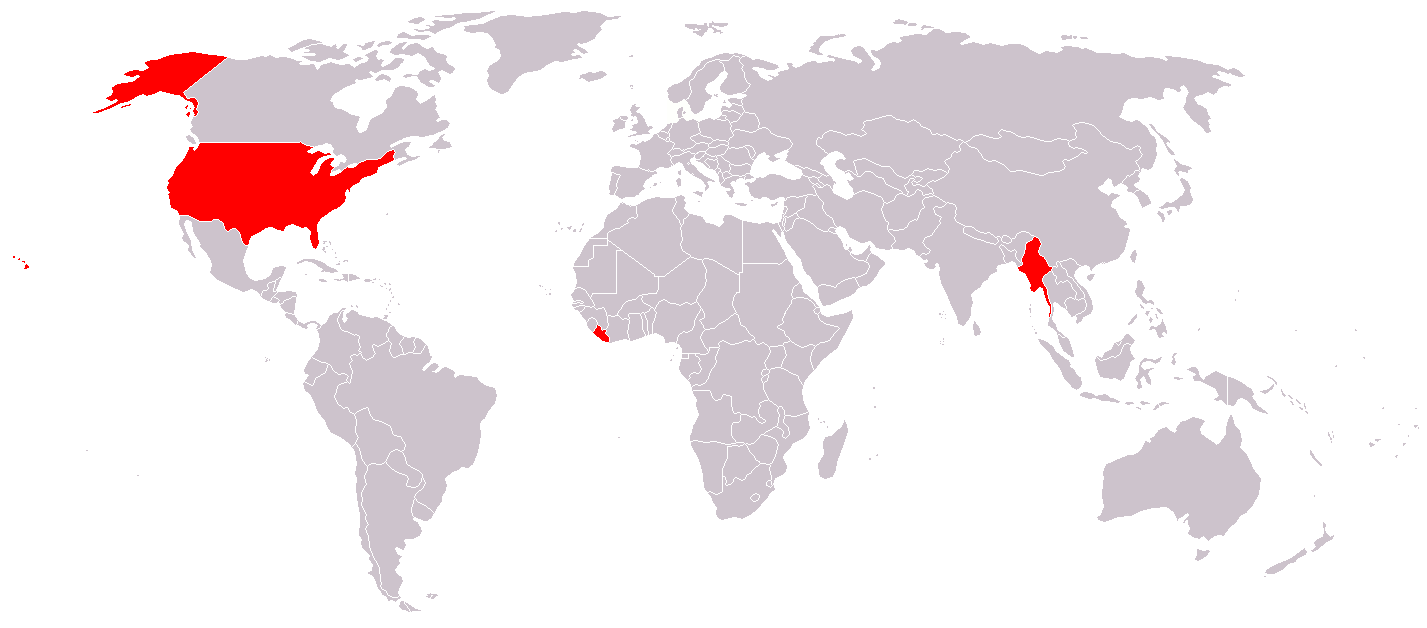United States of America VS the Metric System


Give people the ability to measure things and understand quantities.
Neither system really meets both of these criteria. The metric system, although it meets the first point, fails miserably on the second. The US system fails the first point semantically, and does a really poor job on the second point.
Allow me to illustrate:
Scenario 1: The news has just reported that a 4,081,440 - foot wide asteroid is heading toward the Earth.
Scenario 2: You just heard on the radio that a 695,622 km² area of the ocean has become an oxygen-free dead zone.
Now, think quickly – how do you react to this news? Do you panic? Do you relax, secure in the knowledge that the asteroid will burn up in the atmosphere and the dead zone will clear up in the spring?
Nobody knows! What the hell is a kilometer? How I measure something be that many feet wide, when I only have two feet, and neither one is a foot long anyway?
Now imagine if we had a new system in place:
Scenario 3: The news has just reported that an asteroid the size of Texas is heading toward the Earth, and you just heard on the radio that a area of the ocean the size of Texas has become an oxygen-free dead zone.
We need to standardize on a new set of units that actually reflect what is in use today. I am not the inventor of this system, but I would like to codify it and propose a name: the Journalistic System.
The Journalistic System is actually in use today—just open up a newspaper or turn on CNN. Below are some common units. Later, I will post my completely empirical and scientific method for determining and naming units, and some conversion tables.
Area
Volume
Data and Information
Food Energy (calories) and/or Fat Content
Width
Mass
Tumors
Population
Money